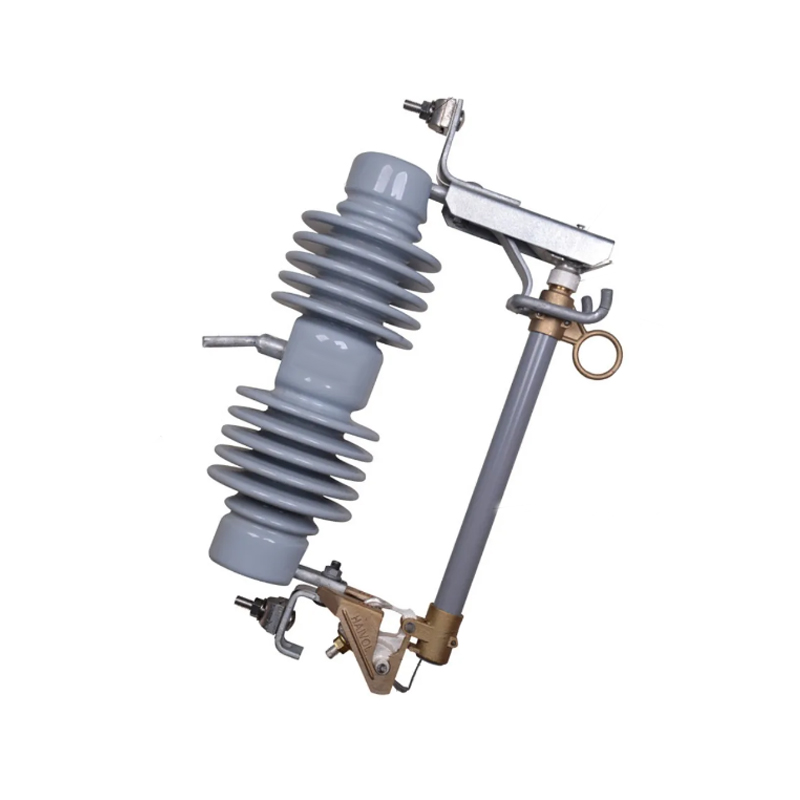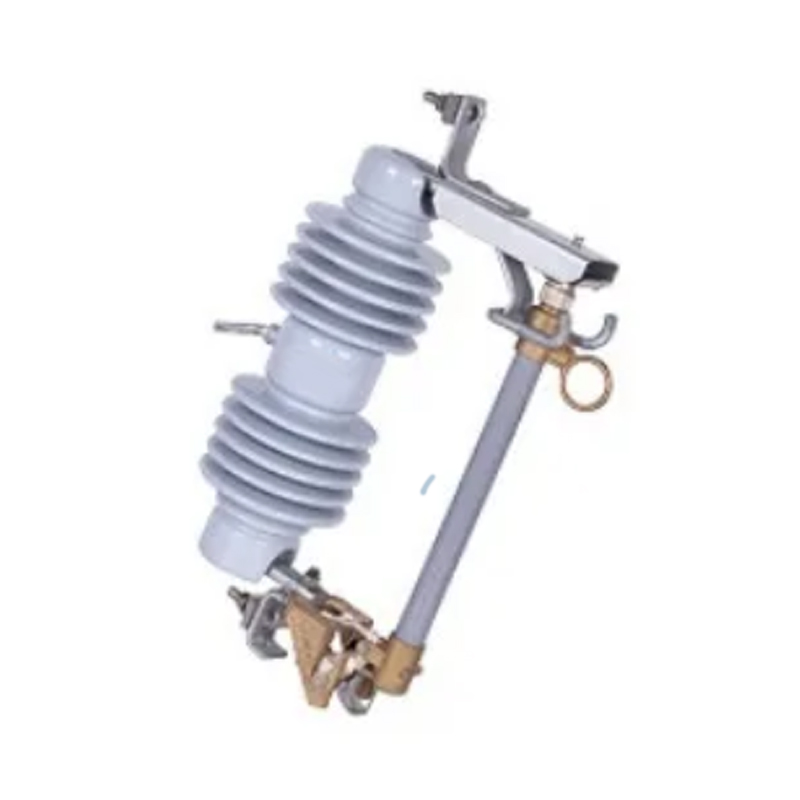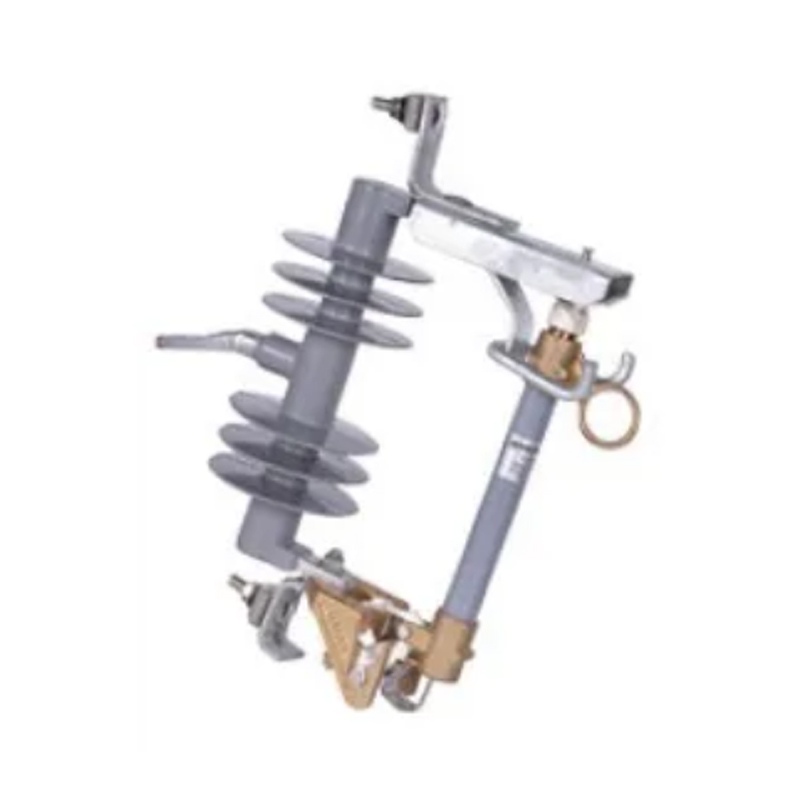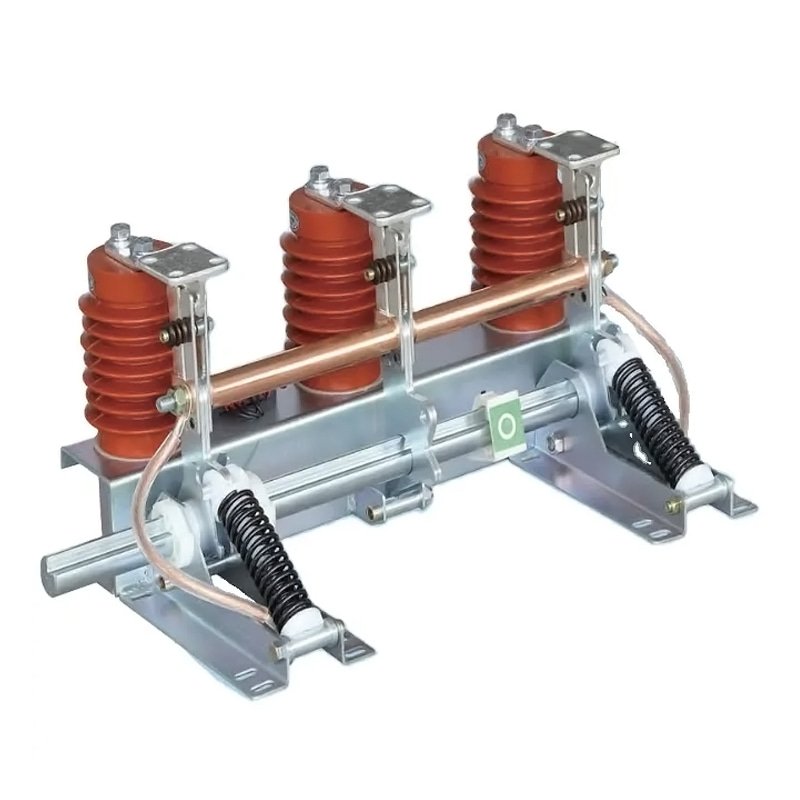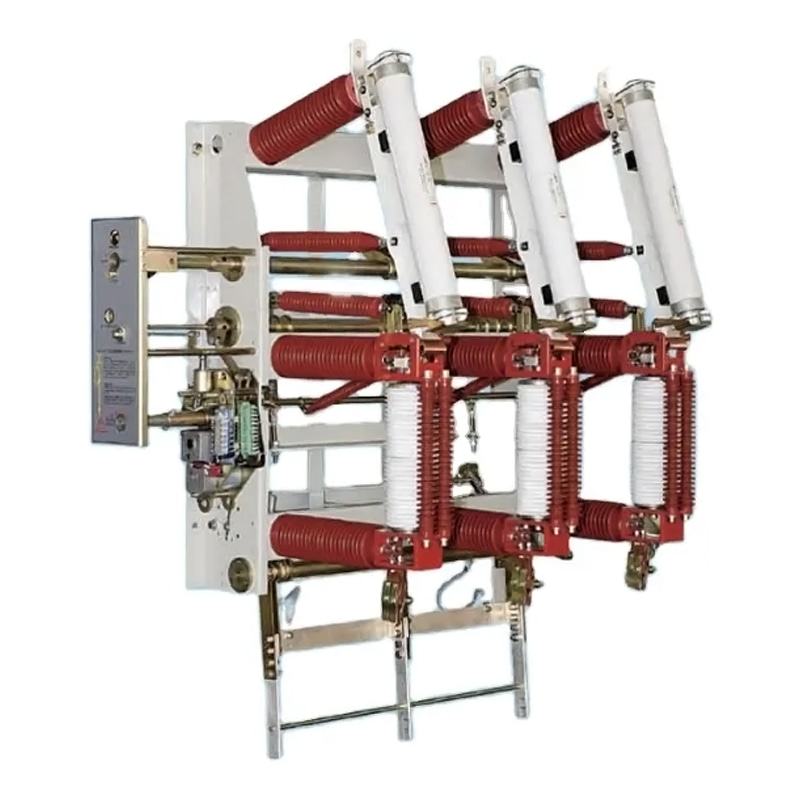In the realm of electrical engineering and vehicle maintenance, the management of power distribution is crucial for both safety and efficiency. Remote Battery Isolators, Smart Isolators, and Panel Isolators are three key components that play a significant role in this management.
A Remote Battery Isolator is a device designed to safely disconnect a battery from a vehicle's electrical system without the need to physically access the battery. This is particularly useful in situations where the battery is located in a hard-to-reach area or when the vehicle is being used for dual purposes, such as a leisure battery for camping and a main battery for driving.
The primary function of a Remote Battery Isolator is to prevent the main and auxiliary batteries from discharging each other. This ensures that the vehicle's starting battery remains charged and ready for use, while the auxiliary battery powers other electrical devices. The use of a Remote Battery Isolator simplifies the process of switching between batteries, making it a convenient and efficient solution for vehicle owners.
Smart Isolators represent the next generation of electrical safety devices. They integrate advanced features such as automatic switching, monitoring, and control capabilities, which can be managed remotely through a user interface. These isolators are designed to optimize energy usage, protect the electrical system from overloads, and provide real-time data on the system's status.
One of the key benefits of Smart Isolators is their ability to automatically disconnect from the main power source when the system detects an anomaly, such as a short circuit or overvoltage. This proactive approach to safety helps prevent damage to sensitive electronic components and reduces the risk of electrical fires. Additionally, Smart Isolators can be integrated into smart home or building management systems, allowing for centralized control and monitoring.
Panel Isolators are switches designed to be mounted on an electrical panel, providing a clear and accessible point of disconnection for the entire system. They are commonly used in residential, commercial, and industrial settings to ensure that the electrical system can be safely shut down for maintenance or in case of an emergency.
The Panel Isolator Switch offers several advantages over traditional circuit breakers or fuses. Firstly, it provides a visible and straightforward method of disconnecting power, reducing the risk of accidental energization during maintenance. Secondly, it can be locked in the off position, providing an additional layer of safety. Lastly, Panel Isolators can be designed to handle high currents, making them suitable for a wide range of applications.
The applications of Remote Battery Isolators, Smart Isolators, and Panel Isolators are vast and varied. They can be found in automotive systems, renewable energy installations, residential and commercial buildings, and industrial facilities. The benefits of these isolators include:
1. Safety: By providing a clear point of disconnection, these devices help prevent electrical accidents and injuries.
2. Efficiency: Smart Isolators, in particular, can optimize energy usage, reducing waste and lowering energy costs.
3. Convenience: Remote Battery Isolators allow for easy switching between batteries without the need for physical access.
4. Protection: All three types of isolators offer protection against electrical faults, safeguarding both people and equipment.
5. Integration: Smart Isolators can be integrated into larger systems for centralized control and monitoring.
6. Versatility: Panel Isolators are suitable for a wide range of applications, from small residential setups to large industrial complexes.
The role of isolators in modern electrical systems cannot be overstated. Remote Battery Isolators, Smart Isolators, and Panel Isolators each offer unique benefits and applications, enhancing safety, efficiency, and convenience.Whether for a vehicle, a home, or an industrial facility, the inclusion of an appropriate isolator is a wise investment in the reliability and safety of any electrical system.



 English
English русский
русский عربى
عربى